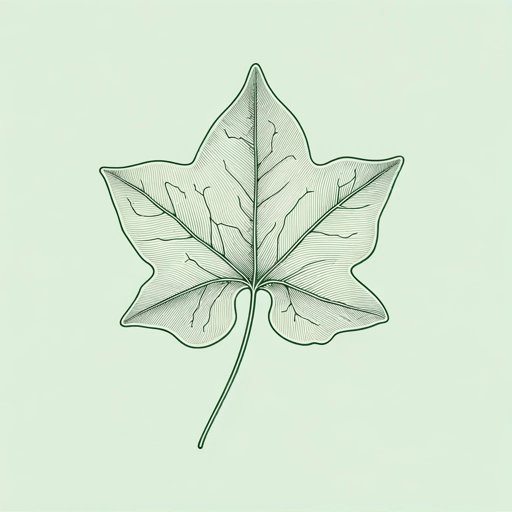29 pages • 58 minutes read
James JoyceIvy Day in the Committee Room
Fiction | Short Story | Adult | Published in 1914A modern alternative to SparkNotes and CliffsNotes, SuperSummary offers high-quality Study Guides with detailed chapter summaries and analysis of major themes, characters, and more.
Literary Devices
Diction
In his short story, Joyce employs specific diction in the dialogue of his characters, particularly dialect words and colloquialisms. This diction is used to strengthen the characterization and to emphasize the story’s setting and meaning: As with much of Joyce’s work, the presentation of authentic Dublin Anglo-Irish speech patterns is tied in to social, national, and political themes. The Nationalist characters also use Irish language exclamations, such as “usha,” “musha,” “moya,” and “wisha,” as well as an Irish Nationalist insult for a pro-Anglo Irishman, “shoneen.” One of the primary social programs within Irish republicanism in the early 1900s was the resurrection of the Irish (Gaelic) language. British rule in Ireland had officially discouraged the use of Gaelic, and the act of speaking (or writing) in Irish was a politicized act as well as a reflection of cultural identity.
The story’s high concentration of authentic dialogue also heightens the liveliness of the vignette, dropping the reader into the midst of the group’s conversation. The distinctions in diction between the characters helps the story to efficiently communicate the social standing of the men and their political allegiances.
Related Titles
By James Joyce

An Encounter
James Joyce

A Painful Case
James Joyce

A Portrait of the Artist as a Young Man
James Joyce
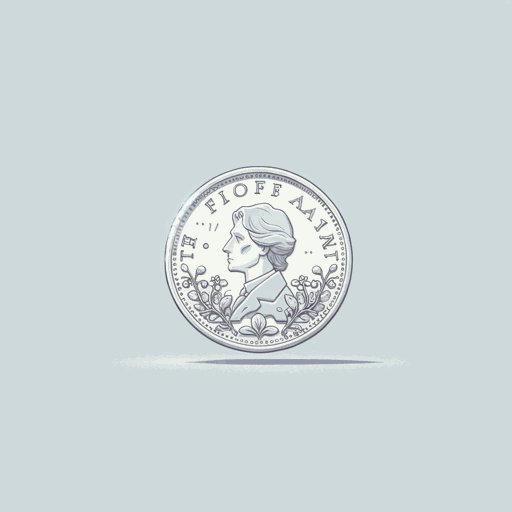
Araby
James Joyce

Clay
James Joyce
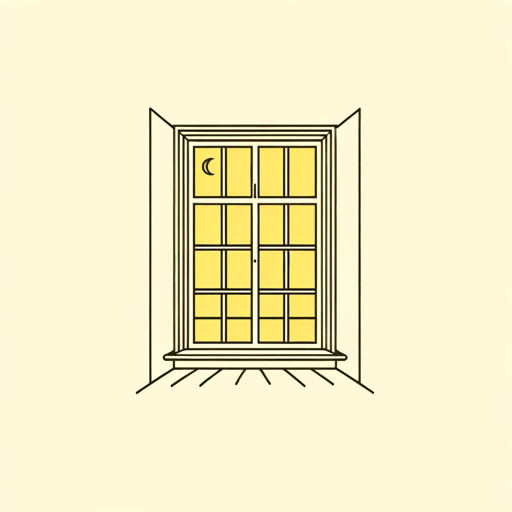
Counterparts
James Joyce

Dubliners
James Joyce

Eveline
James Joyce

Finnegans Wake
James Joyce
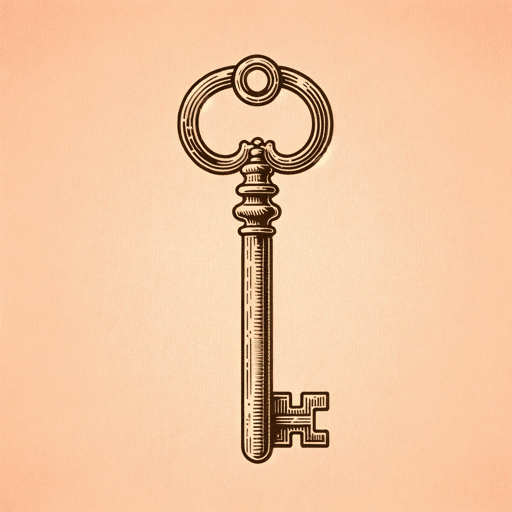
The Boarding House
James Joyce

The Dead
James Joyce

The Sisters
James Joyce
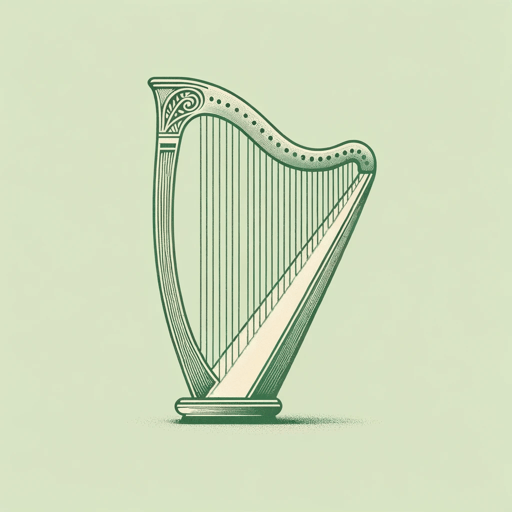
Two Gallants
James Joyce
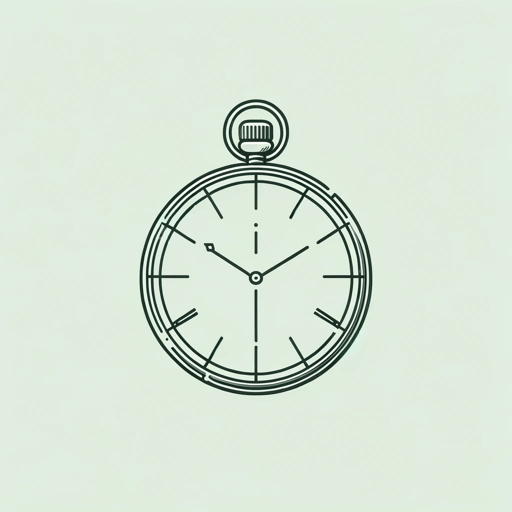
Ulysses
James Joyce
